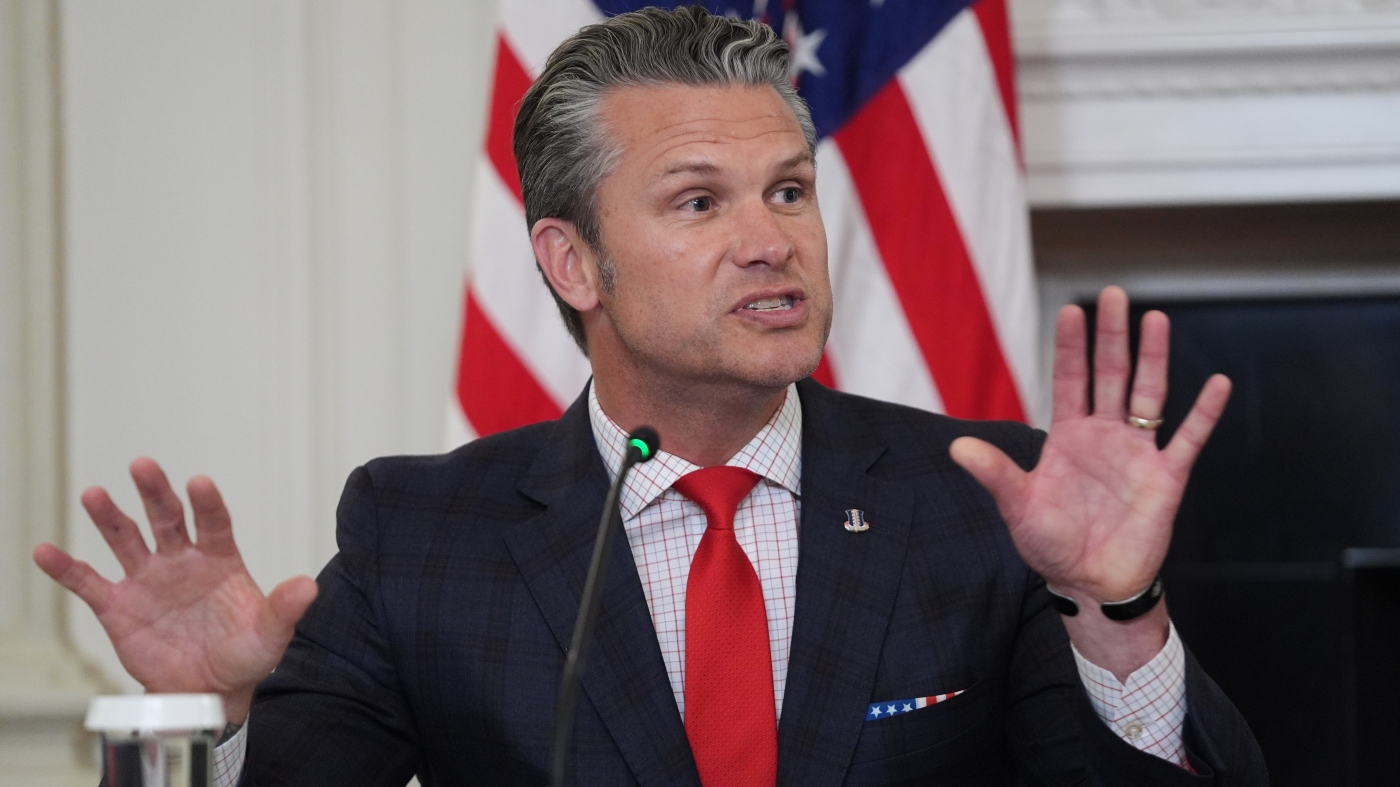URGENT UPDATE: The U.S. military has just announced the deployment of the USS Gerald R. Ford aircraft carrier to South America, marking a significant escalation of military presence in the region. This strategic move comes as the Pentagon intensifies operations against drug trafficking amid rising violence and illicit activities.
Defense Secretary Pete Hegseth confirmed that the carrier and its strike group will join forces in the U.S. Southern Command region to enhance capabilities in detecting and disrupting illegal activities that threaten national security. The carrier is currently stationed in the Mediterranean Sea and is expected to bolster an already substantial military buildup in the Caribbean and off the coast of Venezuela.
The USS Ford is accompanied by five destroyers, potentially adding 4,500 sailors and nine squadrons of aircraft to the existing force of over 6,000 sailors and Marines already deployed in the area. This military surge is timed with escalating tensions surrounding drug trafficking operations, particularly those linked to the Tren de Aragua gang, which has been identified as a significant player in the narcotics trade.
In a striking operation conducted just hours before the announcement, the U.S. military executed its tenth strike on a suspected drug-running vessel, resulting in six deaths and raising the total fatalities from these missions to at least 43 people since early September. Hegseth stated, “If you are a narco-terrorist smuggling drugs in our hemisphere, we will treat you like we treat Al-Qaeda,” emphasizing the administration’s zero-tolerance stance.
As U.S. operations ramp up, Tropical Storm Melissa poses additional challenges, lingering in the central Caribbean and threatening to intensify. The U.S. military’s presence also serves a dual purpose, sending a clear message to regional governments to align with U.S. interests, according to experts.
In a related move, the Trump administration imposed sanctions on Colombian President Gustavo Petro and his family, accusing them of involvement in the drug trade, further complicating diplomatic relations in the region. These sanctions come as the U.S. shifts its focus toward Venezuela, where President Nicolás Maduro has condemned U.S. military actions as attempts to destabilize his government.
The situation has drawn comparisons to the U.S. war on terror, with Hegseth likening the fight against drug cartels to previous military engagements. President Trump recently declared drug cartels unlawful combatants, suggesting a shift in U.S. policy that permits military action without congressional approval.
Senator Andy Kim, who has expressed concerns about the administration’s military strategies, stated, “I’ve never seen anything quite like this before,” highlighting fears of potential long-term engagements. Meanwhile, Republican Congressman Mario Diaz-Balart supports the targeted military actions, asserting that such measures are necessary to combat the growing threat posed by drug cartels.
As the U.S. prepares for this military escalation, the focus remains on how far the administration will go in its operations against drug trafficking. With key battles already underway, the situation is developing rapidly, and the implications for both U.S. security and regional stability are profound.
Stay tuned for more updates as this situation unfolds.
